“I got the blues thinking of the future, so I left off and made some marmalade…” (D.H. Lawrence)

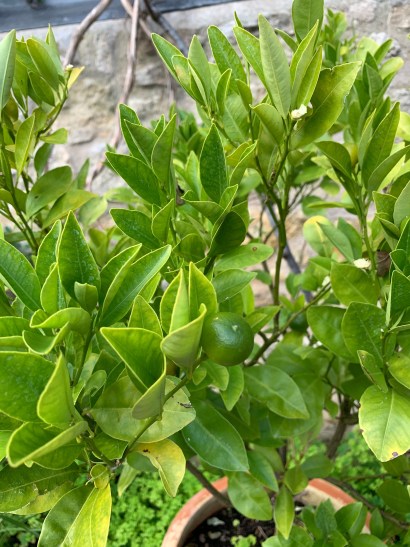
In the garden (in truth a pocket handkerchief sized plot) of the very first house my parents built and owned, my mother planted a miniature orange tree- Calamondin according to a Google search. And that small plant grew into a sizeable fruit tree that carried many kilos of marble sized oranges that brightened to a glowing yellow display every winter. It was a ritual, the making of her marmalade. The mali would bring her a basketful of around 3-4 kilos of fruit which would then be soaked for 48 hours in water, changing the water a few times to get rid of the bitterness. The fruit was cut in half, seeds tied in a muslin cloth for their pectin, and weighed. Then the halves were cut even smaller and cooked with 3/4 its weight of sugar until setting point and then decanted into clean glass jars and labelled.

Some years ago a tenant in the downstairs flat left behind his little orange tree, which was all glossy foliage and no fruit. But this year there was a generous display and I made a pot of my mother’s marmalade. My father called her “Shuk” so today, just a month short of the second anniversary of her death I am able to dedicate my first attempt at marmalade making to her.
The warm scent of the confiture filled the kitchen and I remembered how fussy she used to be about making sure all the pips were extracted and getting the right set for the delicacy, although we treated it with less respect and were extravagant in our toppings on toast. Nigella would have approved, I think, after her double buttering of toast (first the initial layer of sweet butter, then after it penetrates the bread a second spreading of the same.) Favoured friends were given a jar and I wish someone had thought of making marmalade bread and butter pudding with it.
My version of Shuk’s marmalade has a true bitter tang which rings on the palate long after the toast is a fond memory.
After that first tree there was another tree when we moved house (my parents felt the stairs were too much, so they decided to live in a ground floor flat) and the ritual continued for many more years.

Uncle Bunny, the most notable bon viveur in our family, married Aunty Vera when he was an engineering student at Bristol. As Chief Engineer Jammu and Kashmir he was responsible for the road network after 1947. We used to stay in their very English half-timbered house in Srinagar over many summers. Their cook Fattah was a great jam maker, although I suspect he was instructed to add a generous tot of whisky to one batch of marmalade, set aside for the grown-ups.













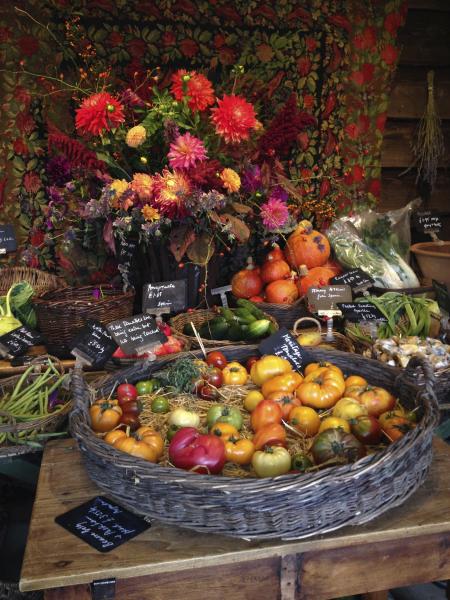
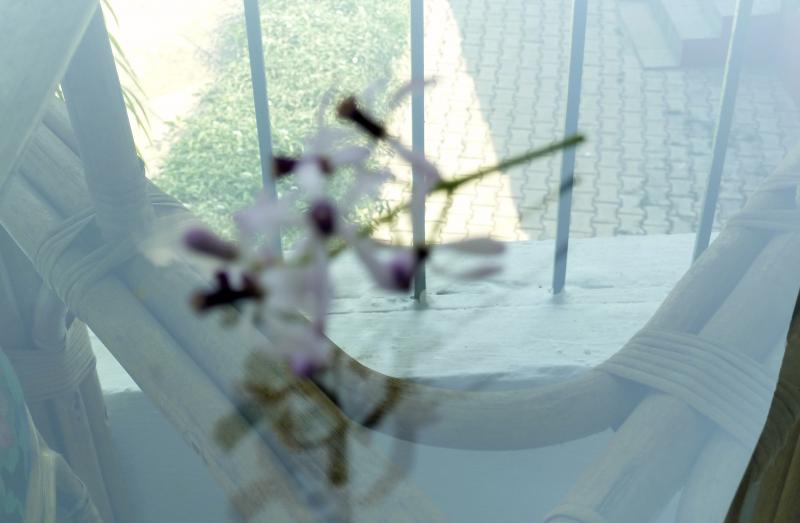
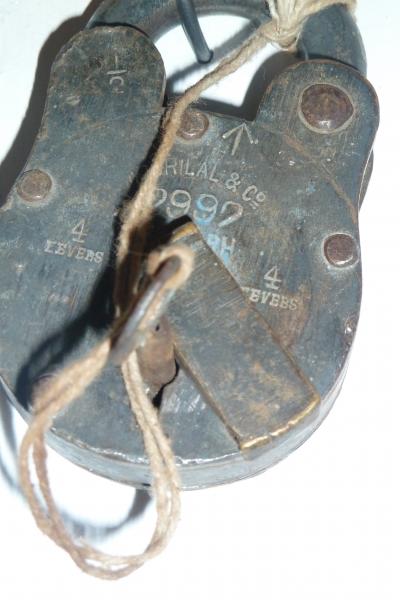
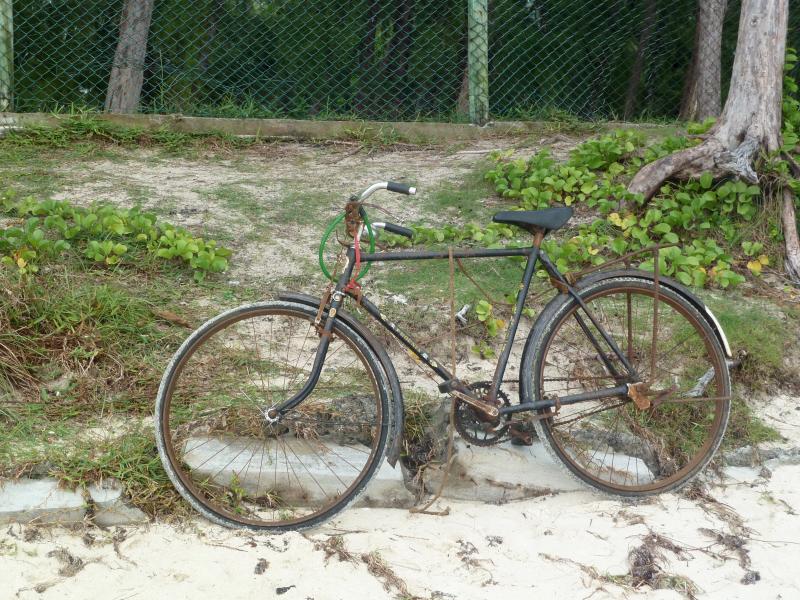
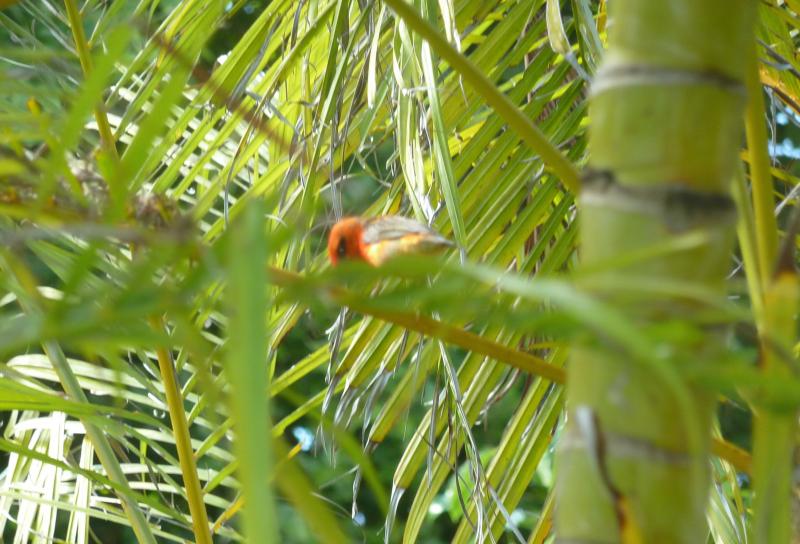
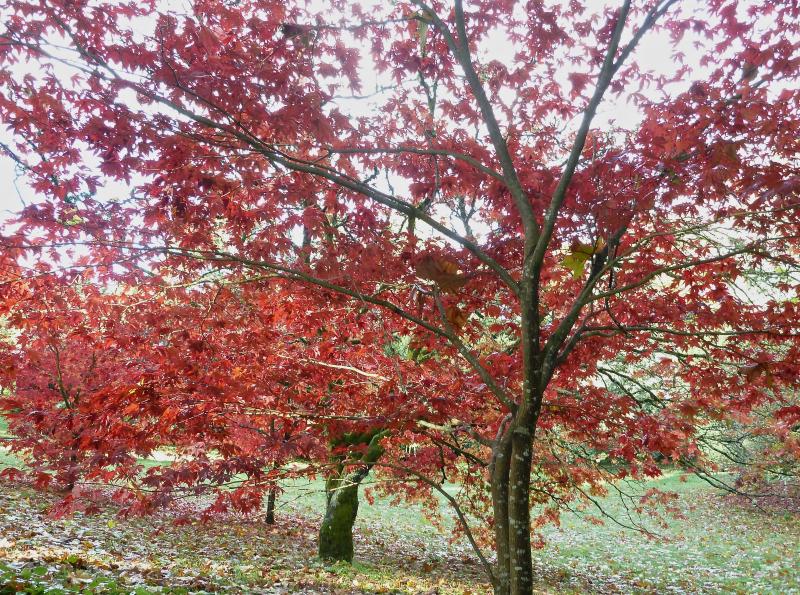
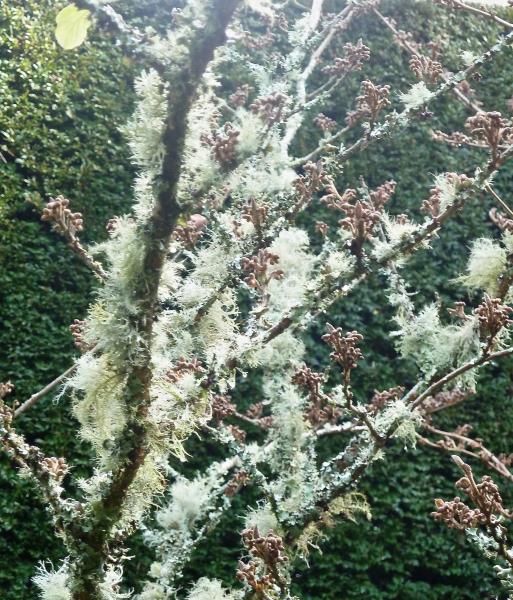

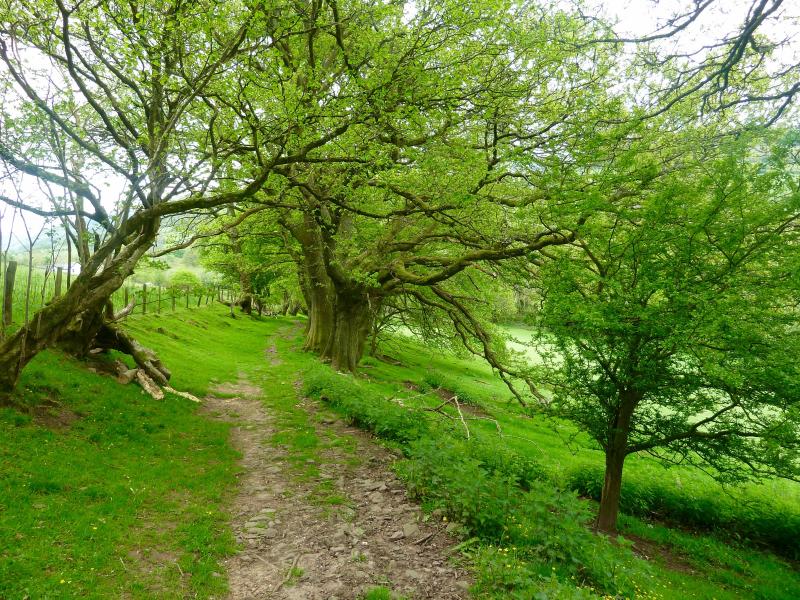
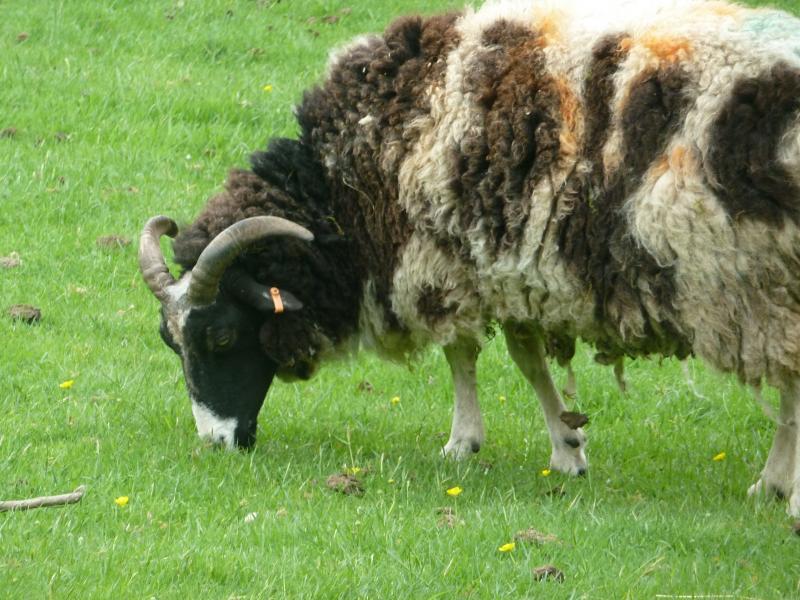
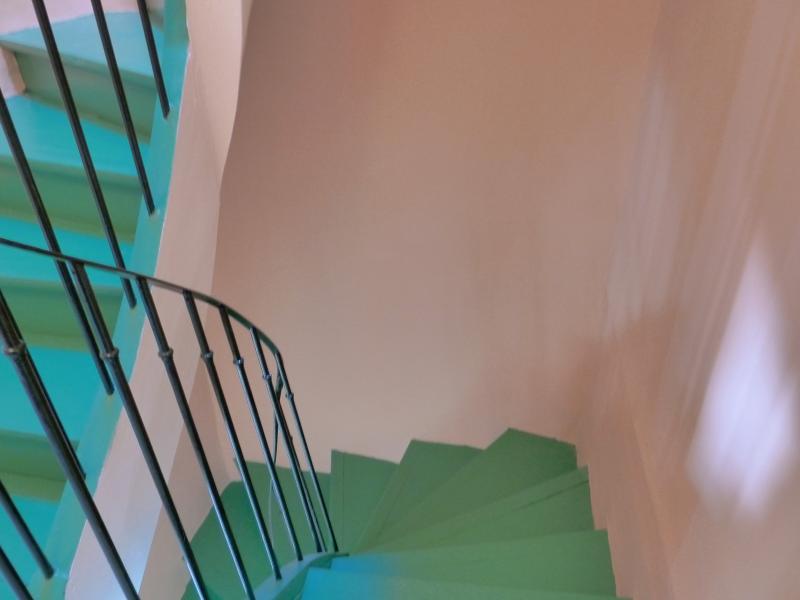

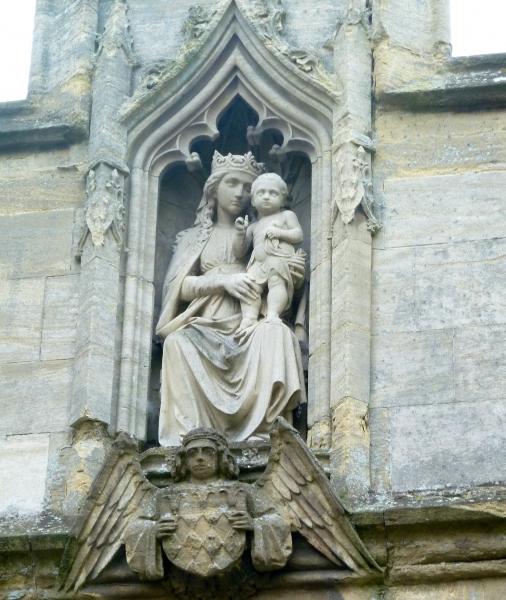

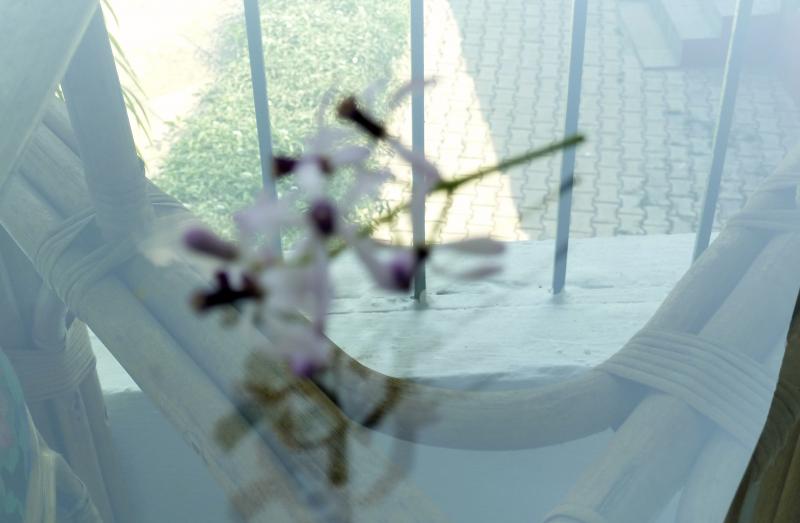
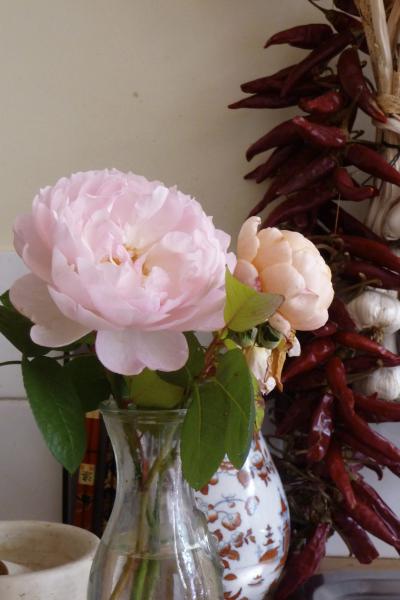

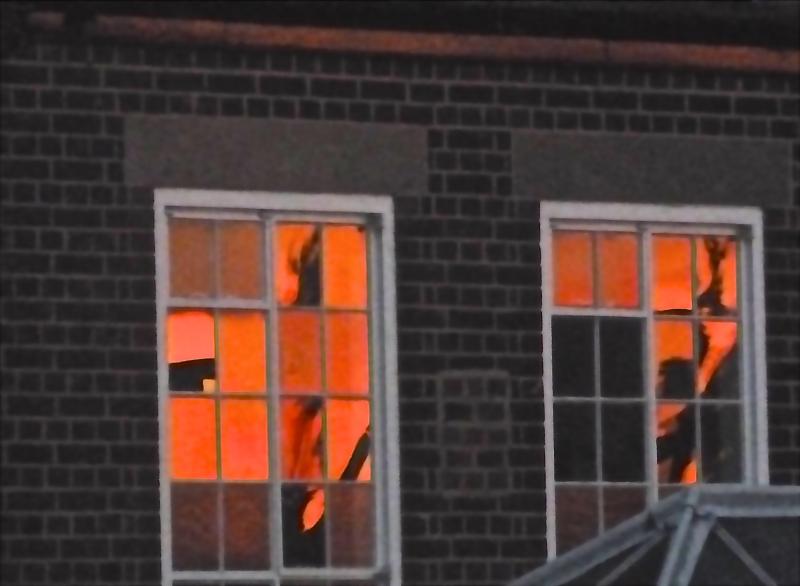
what a wonderful memory Nanu, brilliant writing (as ever) – thank you for making my day, again.
Oh Ceri, it’s so heartening when one hears such positive feedback! Thank you very much.
Lovely piece. Still smiling
Thank you so much Leena and good vibes to your upcoming website!